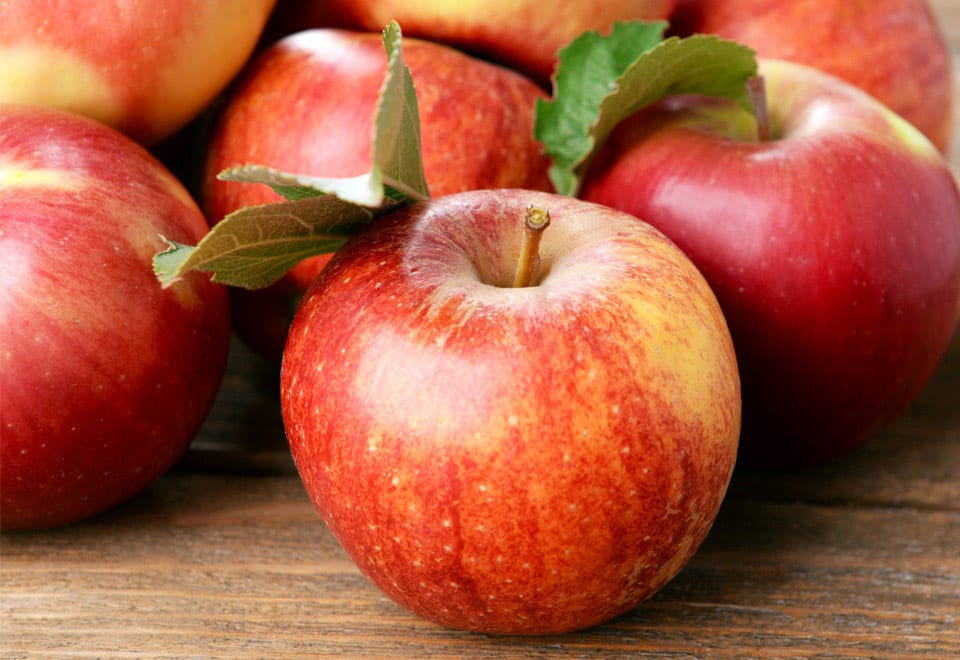Whether you’re trying to make a healthy living choice or to prevent or control diabetes, having a healthy and balanced diet is beneficial. There’s no special foods that will help you control diabetes completely, but eating smartly will. You can live well with diabetes and enjoy doing what you love by having a healthy diet and regular exercises. ACH Group’s dietitian – Kaitlyn Dienelt has come up with some easy recommendations to help you get started
What is diabetes?
Diabetes is a condition where the body cannot maintain appropriate levels of glucose, or sugar, in the blood. Glucose is the main source of energy for our bodies, so being able to maintain healthy levels is essential for daily life. In someone with diabetes, the hormone insulin that is used to convert glucose into energy is not produced in high enough amounts or at all by the pancreas. This means that when eating carbohydrate containing foods, such as bread, pasta, fruit, legumes, milk and sweets, it cannot be converted into energy.
As the glucose, cannot be used as energy, it remains in the blood causing high blood glucose levels. If diabetes is not managed correctly, then this can lead to serious health complications, such as kidney disease, blindness or heart attacks. There are three main types of diabetes – type 1, type 2 and gestational diabetes. The type of diabetes will impact the course of treatment, but here we will talk about a healthy diet and its role in diabetes management.
The main principles to manage diabetes through your diet are to:
- Eat regular meals as part of a balanced, healthy diet
- Eat a diet lower in fat, particularly saturated fat, and
- If required, between meal snacks particularly if on insulin
Eat regular meals

Eat regular meals as part of a balanced, healthy diet. What does that mean? Well, it means sticking to a routine. Starting the day off right with breakfast. Try to incorporate a protein source and some low glycaemic index (GI) foods. Low GI foods take more time for the body to break down so give your blood glucose levels a smaller rise that lasts for much longer. This is the ideal way to start your day, so consider some oats, all bran cereal or multigrain toast. Top it with a protein source like milk, yoghurt or peanut butter and you’re set for a big a morning.
Having an appropriately portioned lunch and dinner is also important. Typically, this means having your plate made up so a ¼ is taken up by a carbohydrate source or starchy vegetable like potato, ¼ for protein and ½ for vegetables. Avoid high energy foods that will give your body a quick burst of energy, but then a slump afterwards. This includes high sugar choices that will typically be high GI foods.
Try a low-fat diet
Second point, a diet lower in fat. Although fat is an essential nutrient found in many foods, having too much of it can wreak having on your body and your diabetes control, especially saturated fat. Simple steps like cooking in minimal oil, trimming fat off meat and reducing the amount of discretionary foods will help keep this down. Instead of these, increase your unsaturated fats that have protective benefits. You can find these in oily fish, avocado and nuts.
Don’t be afraid to snack

The biggest myth about diabetes diet is to cut off snacks completely from your diet. This is not true! Depending on how your diabetes is managed and your lifestyle, snacks may be an important part of the day. Choosing healthy snack options is important especially if you are living with diabetes. Think snacks that are high in fibre, protein and healthy fats. Like breakfast, try to incorporate a low GI component or something nutrient rich rather than high sugar or fat choices. A small amount of muesli and yoghurt or a piece of fruit is a great idea.
Keep hydrated
Good food would not be complete without keeping hydrated. Water makes up about 60% of our body weight. Make sure to drink 6-8 glasses of water each day. As for those who are living with diabetes, drinking enough water is important as it can impact blood sugars. Water has been proven to help with diabetes, especially type 2 diabetes as it pumps up the blood volume which lowers the concentration of glucose in the bloodstream and help lower blood glucose values.
Keep active

Staying active has proven to offer many health benefits, including managing diabetes. If you have diabetes, keeping active makes your body more sensitive to insulin – the hormone that allows the cells to use blood sugar for energy helping managing your diabetes. Research has shown that regular exercises help lower blood glucose levels and boost the body’s sensitivity to insulin. All forms of physical activities will benefit you in some ways, however, aerobics and resistance training are the most beneficial for those who are living with diabetes. Aerobic activities such as swimming, jogging, walking, cycling, dancing rely primarily on aerobic-energy producing system are recommended. Resistance training such as weight machines, body weight exercise, resistance band exercises should be combined for the best result. Other exercises you can incorporate such as tai chi, yoga and balance exercises to help with flexibility and improve range of motions.
ACH group offers a wide range of allied health services including dietetics, podiatry, physiotherapy, occupational therapy, exercise physiology and personal training to help you stay healthy as you age. We specialise in health and wellbeing for ageing bodies and our qualified health specialists will work with you on a personalised plan to help you achieve your health goals. Contact us on 1300 22 44 77 and speak to our friendly team and find out how we can help.



